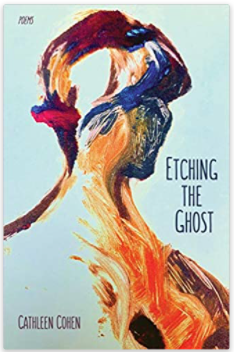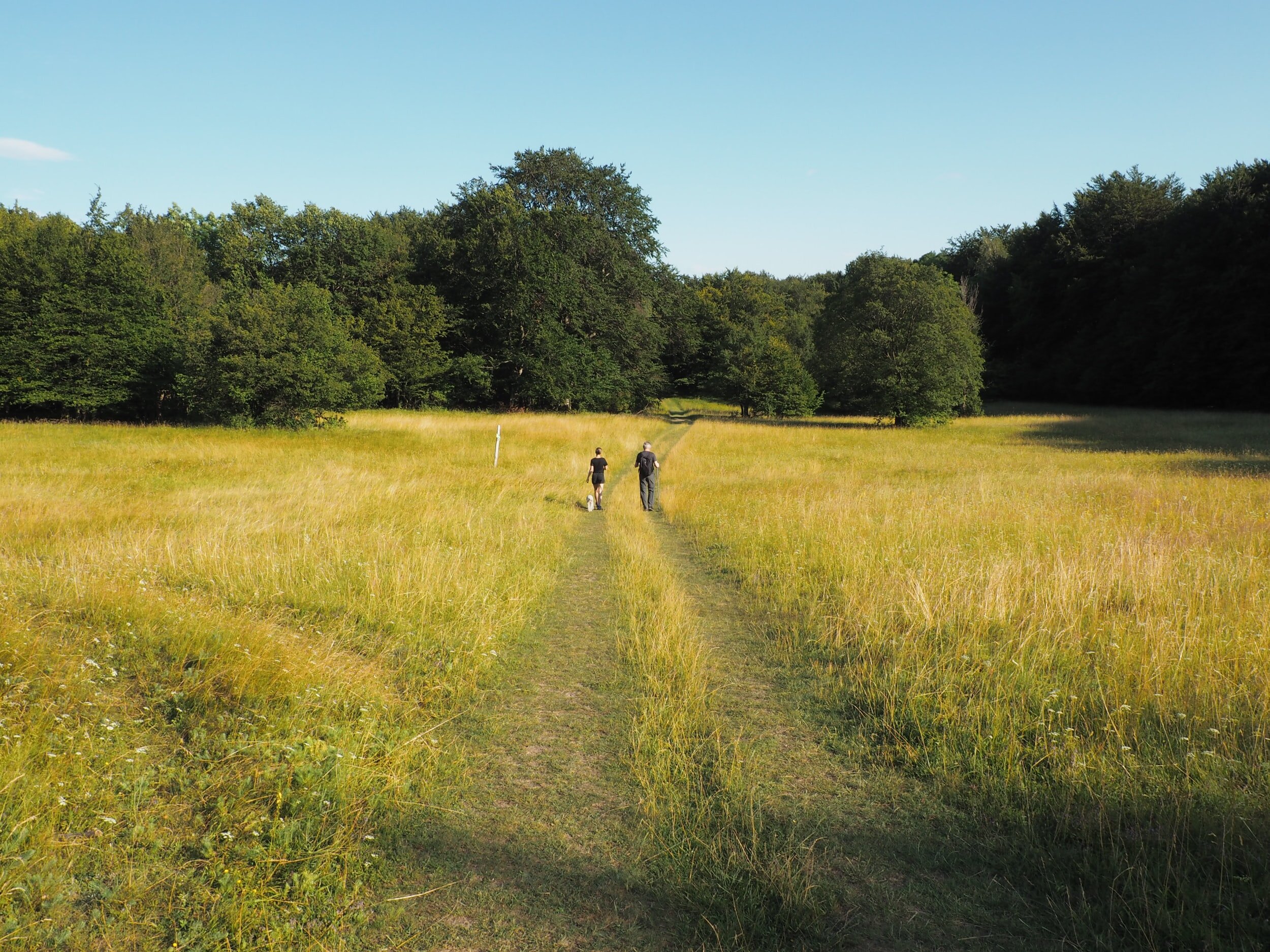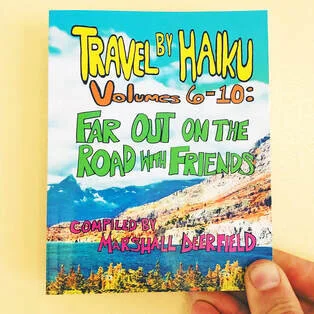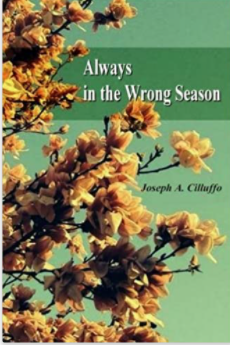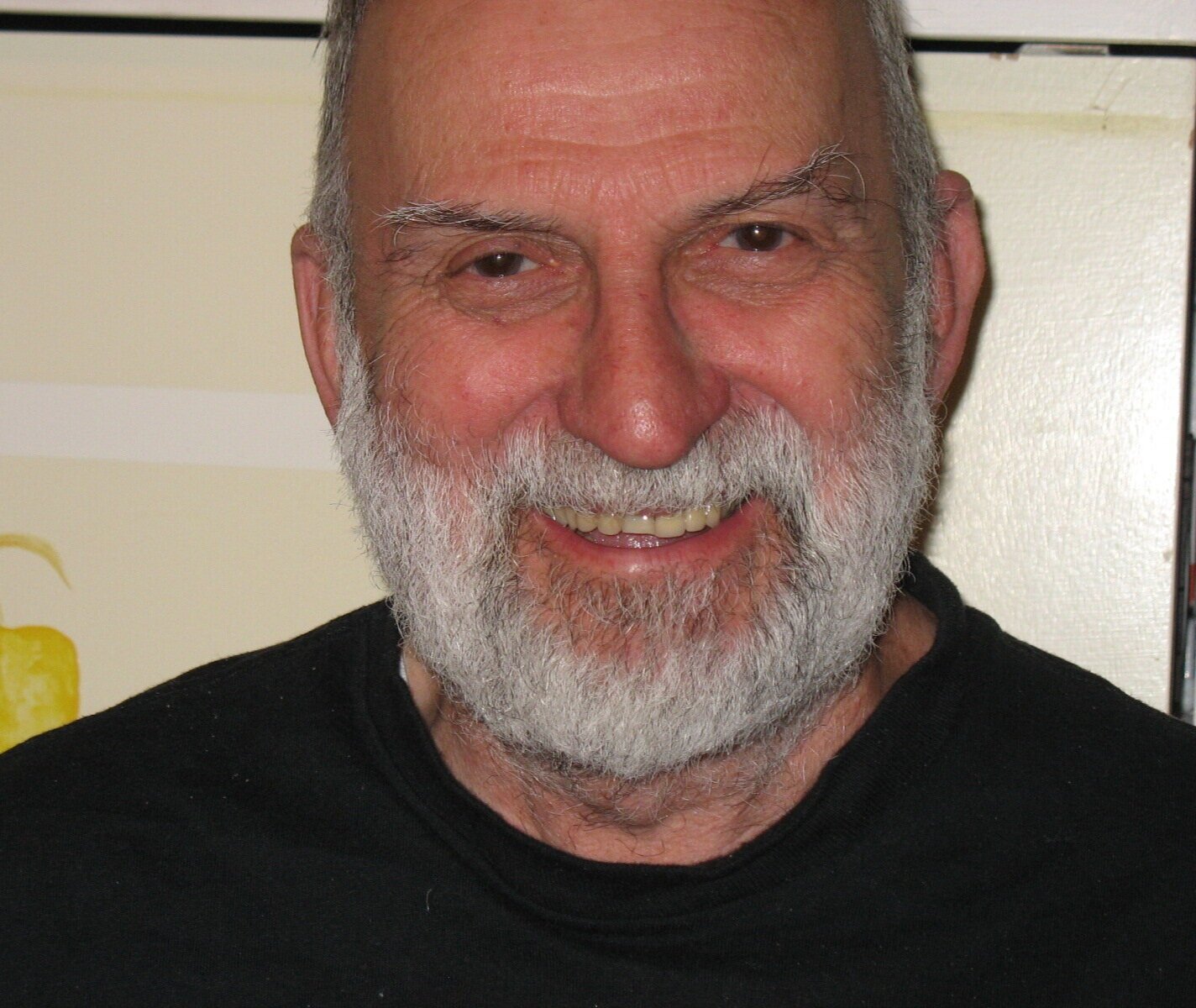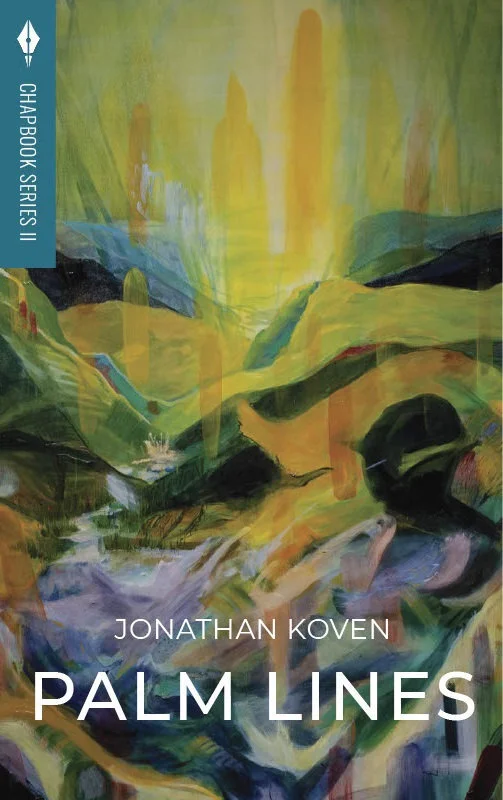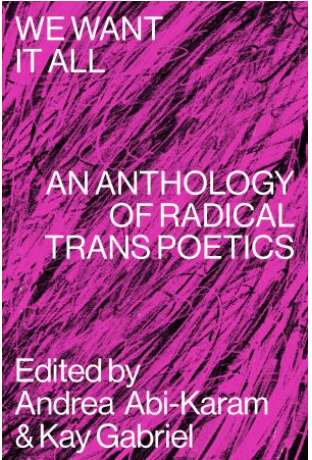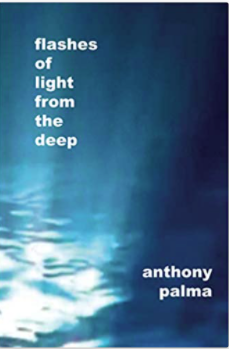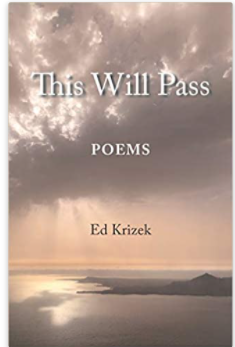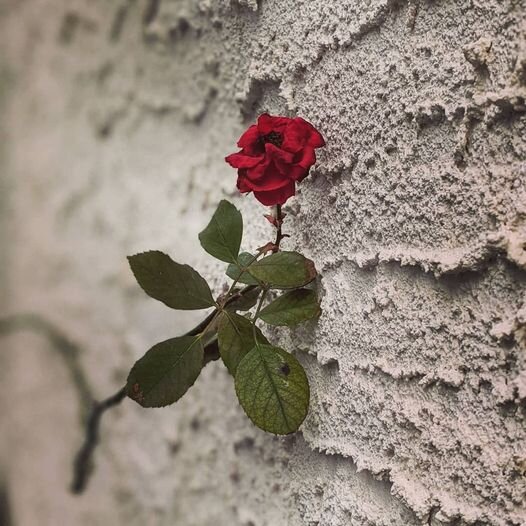Review of Cathleen Cohen’s Etching the Ghost
May 5, 2021
When I write a review, I often use the phrase “paints a picture” to describe how an author uses their poetry to convey specific imagery and/or feelings. Never has this turn of phrase rung truer than when I use it to describe the poetry found in Cathleen Cohen’s newest book, Etching the Ghost. You see, in addition to being a published poet, Cohen is also an extremely talented and accomplished painter. In fact, the cover art for Etching the Ghost was painted by the author herself. And much like her paintings, Cohen’s poetry is as colorful as it is concise. Every word is a precise brush stroke that builds towards a beautiful and affecting vision of how the artist draws inspiration from not only the world around her, but from the world inside of her as well. Cohen uses everything from color and shape, to joy and pain to turn the pages of Etching the Ghost into a gripping poetic canvas.
Etching the Ghost is a 65-page collection that is divided into 4 sections. In the first section, “If Released, Magnificent”, we find Cohen grappling with not only her art, but her voice as well. The poetry in this section hints there is something she is unable to express, something looming just under the surface. A great example of this can be found in the first poem, “Some Tide,” with the lines:
This flower looks carved in quartz,
Says my son, frowning,
Tilting up to light.
Where’s this from?
A garden
I can’t name…
The poem “Glaze” further enforces this notion:
Into landscapes I scratch
messages
so faint
no one detects clots of umber, bruise blue
below shimmer.
It’s not until we come upon the poem “Green” that we discover what the artist has buried underneath all those layers of paint and pain. A true highlight of Etching the Ghost, “Green” is a raw and honest poem in which Cohen describes being raped as a young girl. We follow her through the moments before and after. In the beginning, we see her innocence as she describes herself as a “green girl”. She soon becomes trapped in a horrifying moment from which she can not escape. That “green girl” is now gone. The poem finishes with the poet describing the immense shame she feels. The cathartic words she puts to page here appear to be what she has struggled to capture with her painting for so long. Cohen's technique of using the early work of the section to build to this moment is masterful. By the time we reach the final poem of this section, “Every Room”, you see how this traumatic event has truly changed the author's life.
With the second section, “Weight Of The Press”, the intensity of the previous section gives way to a more contemplative tone. The poems in this section find the artist challenging herself to discover what it means to be a true artist. In the books namesake “Etching the Ghost”, it seems as though Cohen realizes that she can not focus all of her inspiration on her pain because eventually the proverbial “ink” will run dry:
But the plate, though degraded
will hold enough ink in its teeth
to print a ghost.
This ghost is changed,
an imprint not true
to the image...
There are quite a few poems in this section that take place during art classes where the author learns lessons not only in painting, but in human behavior. The poem “Night Flowers” serves as an empathetic ode to aging:
There’s swelling in his knuckles,
cobalt blue shadows.
His could be boxers’ hands or
painters hands, like mine,
which tire and twitch.
The poems “Paper” and “Painting With Color-Blind Son” focus on balancing her life as a painter with her life as a mother. This section does a great job showing Cohen’s growth as a person and as an artist.
The next section, “No Mistakes In Art”, the author takes what she’s learned so far and ventures out to define her life on her own terms. She now finds great purpose in passing on her knowledge. The first few poems focus on her time as a teacher for troubled children. She relates to them. She knows how important it is for them to learn ways to express their emotions the way she has. In “Girl On Fire” she says, “Beautiful, pierced child, / Spark this room with your burning tongue.” From here she moves on to a moment where she paints with her granddaughter in the poem “Two Artists”: There are no mistakes in art, she declares / As I place more paper before her.”
Much of the themes of these poems seem to suggest that Cohen herself has learned a great deal about the importance of art from these children. Towards the latter half of the section we find the poet growing older but not so content. She still seeks out meaning in her life and in her work. In the poem “Velocity”, she ponders: “Don’t I know all this, / how instinct works?”.
The final section, “As Witness, As Echo”, centers on a later stage of Cohen’s life. In the poems “Bluer Than Sky” and “Portrait At 87,” she describes having to watch her parents grow old. When we arrive at the poem “Full Weight,” we see the toll their eventual deaths have taken on her:
Their souls loll about
ankle deep,
tripping me up
as I move through their apartment.
With the poem “Plein Air” we find Cohen beginning to reflect on her own mortality and the legacy of her art: “How long will we last / as witness, as echo?”.
The final poem “The Trouble with Self Portrait” is a perfect finale to an amazing journey that I wouldn’t dare to spoil by quoting it. To me, it represents that moment when a painter applies the final touch, puts down their brush, steps back to look at what they’ve created and smiles, knowing that they have created true art.
Upon finishing Etching the Ghost, I felt like I had stood and watched as the author painted me a picture of her life. In the beginning, the image was unfinished and perhaps unsure of what it wanted to be. Yet, through layers upon layers of experience and understanding, mistakes and edits, the artist’s vision came into focus. Like all great painters and poets, Cohen has presented her audience with art that makes you think and feel. It makes you want to peel back it’ layers. It wants you to find that mirror that they’ve hidden within. Etching the Ghost is a gallery of poetry that I recommend everyone go see.
Philip Dykhouse lives in Philadelphia. His chapbook, Bury Me Here, was published and released by Toho Publishing in early 2020. His work has appeared in Toho Journal, Moonstone Press, everseradio.com, and Spiral Poetry. He was the featured reader for the Dead Bards of Philadelphia at the 2018 Philadelphia Poetry Festival.

